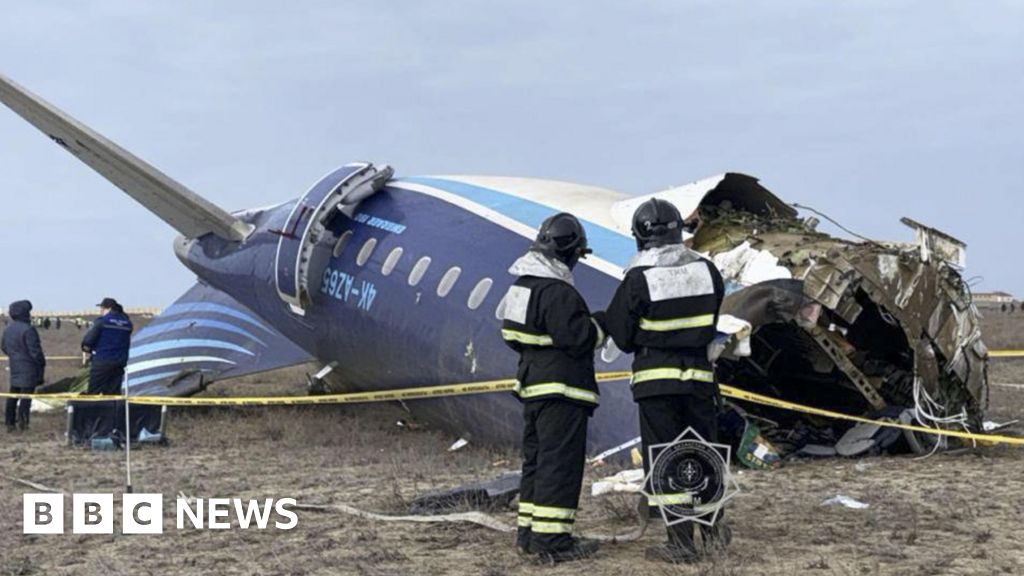Heavy rainfall and storms wreak havoc across northern Italy, France and Germany, whilst southern Italy endures an unseasonal heatwave.
Flooding in northern Italy
Northern Italy has been hit by severe storms and heavy rainfall, leaving several regions, including Padua and Vicenza, submerged.
Emergency services have been mobilised, using dinghies to rescue residents from flooded homes, while cars float in the inundated streets.
The governor of the Veneto region described the deluge as a "water bomb," reflecting the sudden and devastating nature of the rainfall.
In the early hours of Friday, the banks of the Muson dei Sassi river in the Padua area burst due to excessive rain, leading to severe flooding.
A freight train was overturned by gusts of wind between 150 and 200 km/h in Borgo Mantovano, Lombardy.
Local mayor Alberto Borsari noted on social media that many streets and basements were flooded, describing the situation as "really tough," though fortunately, there were no injuries reported.
Milan recorded an unprecedented 130mm of rain in a single day, resulting in flash floods not seen in over 170 years. In Veneto, a state of red alert was declared by the Civil Protection authorities due to overflowing water basins after 70mm of rain fell in just 30 minutes.
Heatwave in Italy and storm warnings in France
In contrast, southern Italy is experiencing an unseasonal heatwave, with temperatures soaring to 35°C in Sicily. Sardinia is grappling with very dry conditions, leading to water scarcity and a poor harvest for local wheat farmers, who expect only half their usual yield.
Water restrictions are anticipated later in the summer.
France is also experiencing severe weather, with Météo France placing 39 departments under yellow alert for thunderstorms.
This includes parts of Île-de-France, where the departments of Yvelines, Essonne, and Seine-et-Marne are on alert for severe storms expected from midday, continuing into the evening.
Last Sunday, nearly 10,000 lightning strikes were recorded across France, and more storms are expected this weekend, particularly affecting the west, southeast, and northeast regions. Residents are advised to take precautions, including limiting movements and avoiding certain outdoor activities.
France also experienced an exceptional rainy episode on Friday due to a vast cold drop that formed over southern Germany. The rain began on Thursday evening and continued unabated until Friday evening, lasting a full 24 hours with sustained intensity.
Bas-Rhin and Moselle were the most affected regions, with total rainfall measurements in these areas described as unprecedented.
In the north of Alsace, Scheibenhard recorded an extraordinary 116.8 mm of rain in just 24 hours, a record for the region. The Berg station followed closely with 102.3 mm.
In Moselle, a station in Hestroff registered 101.1 mm. Many stations in these departments recorded between 70 and 90 mm of rainfall, equivalent to a month to a month and a half of rain.
Floods and landslides in Germany
In western Germany, heavy rainfall has led to flooding and landslides in the state of Saarland. The state capital Saarbrücken and other municipalities have seen significant evacuations due to rising water levels.
The state interior ministry has described the situation as "widespread flooding," with the Neunkirchen district, the Saarpfalz district, and the Saarbrücken regional association particularly affected.
No casualties have been reported so far, but the flooding has necessitated evacuations from homes and retirement facilities. Local officials are considering requesting assistance from neighbouring federal states.
Chancellor Olaf Scholz cancelled a planned campaign appearance in Saarland to visit the affected areas with state Premier Anke Rehlinger, underscoring the severity of the situation.
The German Weather Service has warned of continued heavy rain through Saturday morning, with conditions expected to improve gradually thereafter.

 7 months ago
43
7 months ago
43









